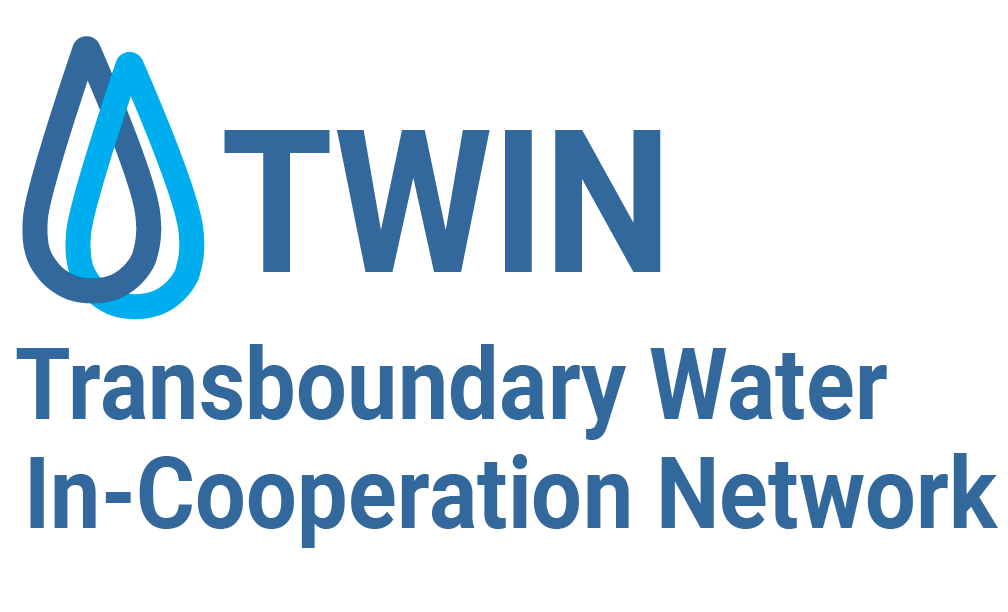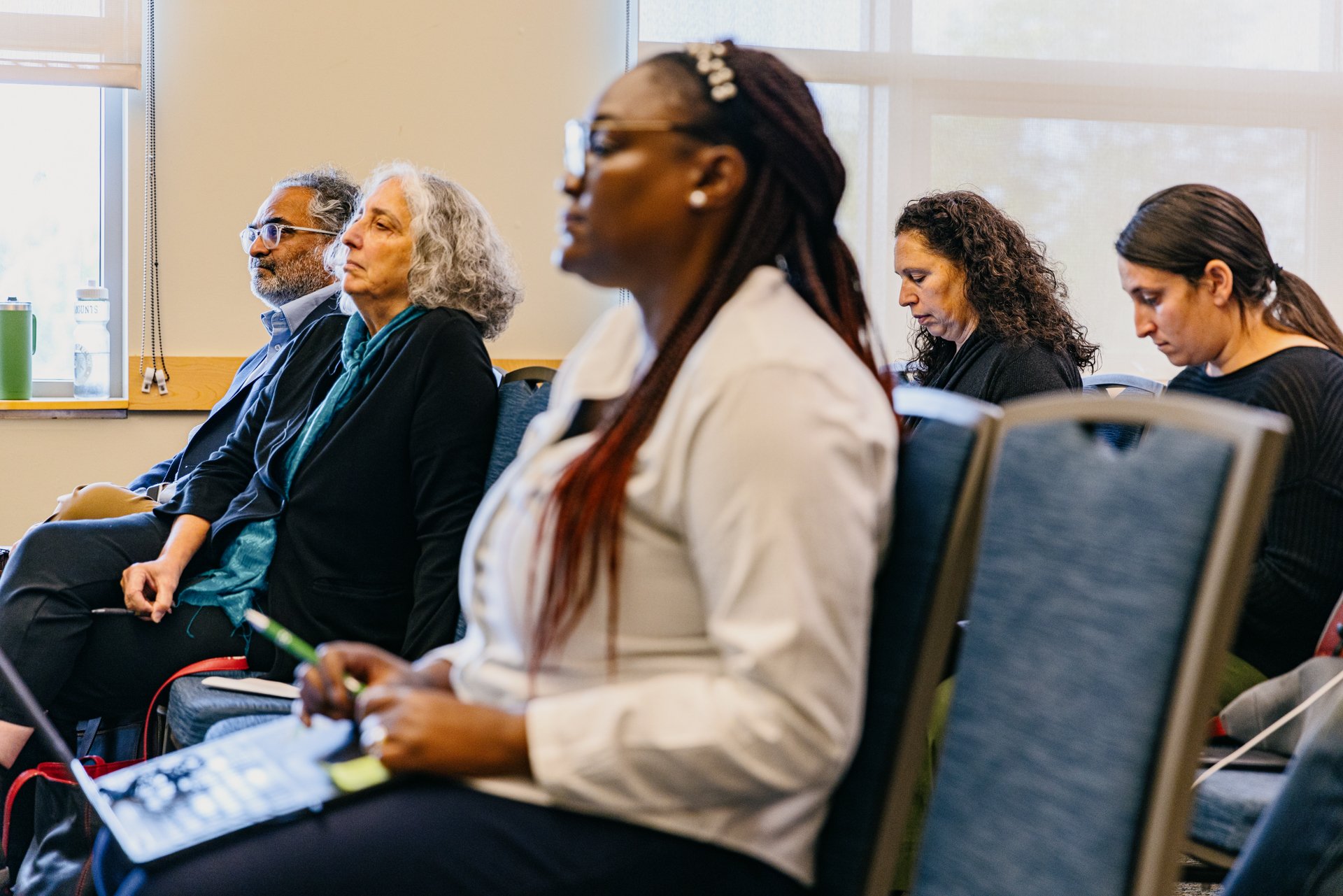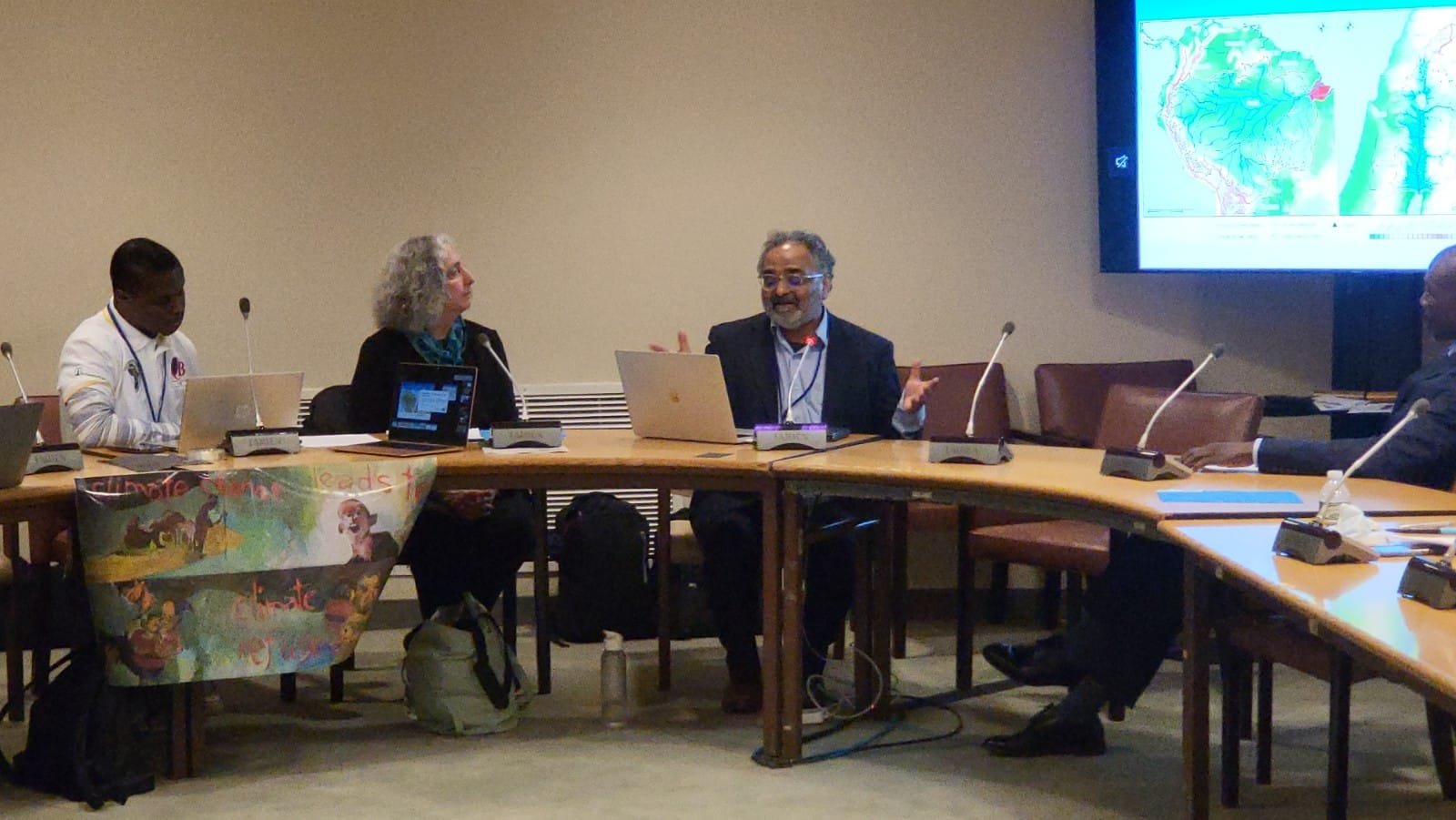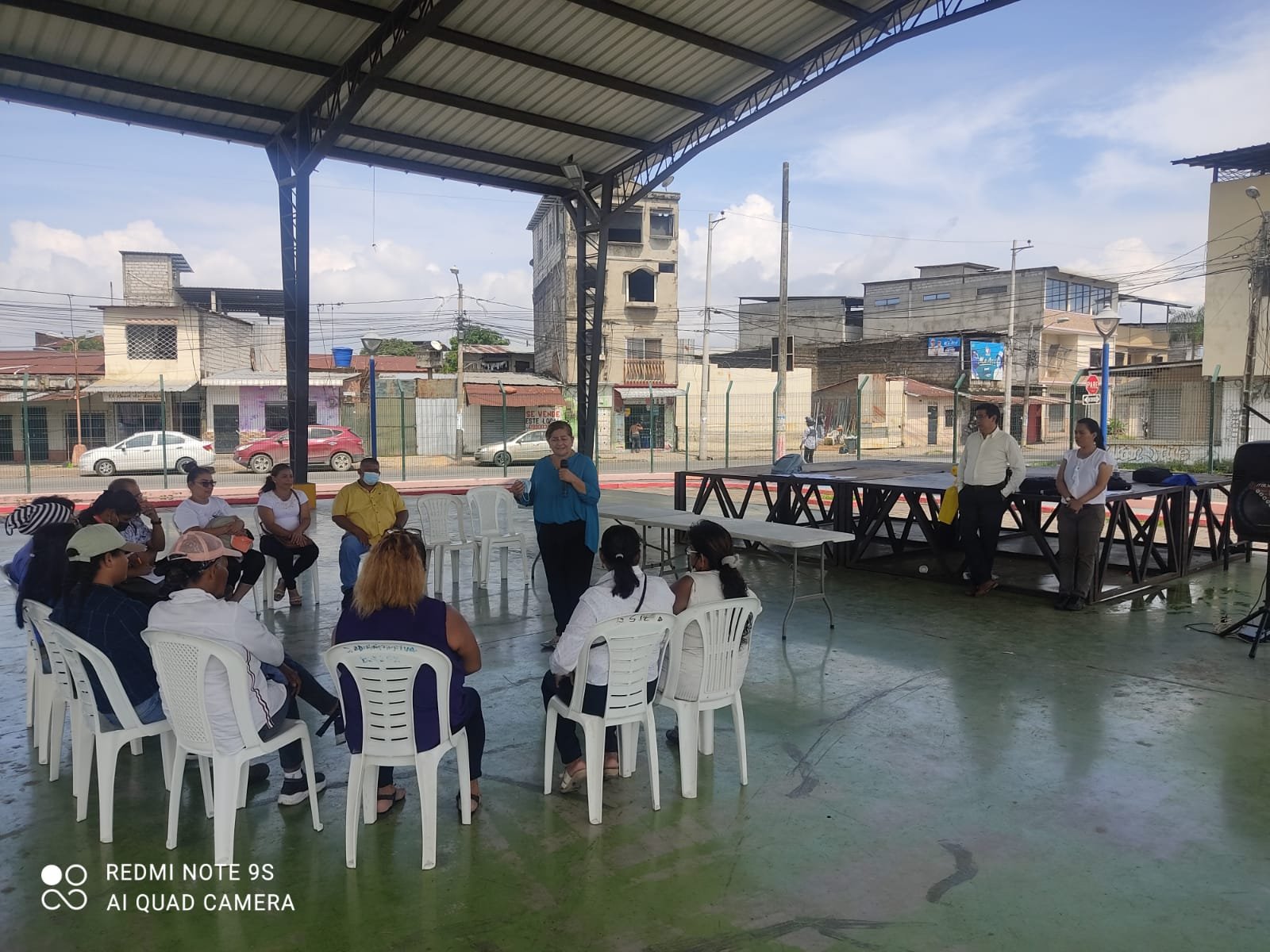Convening of Diverse Stakeholders Across Boundaries
While diplomacy around water security through official government channels has varying levels of success, unofficial exchanges between scientists and communities across borders play an important role in the solution of international conflict and in the management of socio-ecological systems that span across man-made borders. This type of diplomacy is known as Track Two and Track Three diplomacy — the former being between scientists, academics, civil society organizations, and the latter between communities at the grassroots level.
Diplomacy with the United Nations
TWIN representatives have engaged in diplomacy with United Nations dialogues and committees to work towards the protection of river deltas under DeltasUNite.
Transboundary Water Professional Training
TWIN offers professional training for individuals and organizations interested in solving transboundary water issues. By gaining knowledge and tools in both the scientific and technical side of water management as well as concrete skills in conflict mediation and peace-building, TWIN hopes to stimulate cooperation and collaboration to address the complex problems of transboundary waters.
Modules offered
Conflict Resolution Skills (including Mediation, Negotiation, and Facilitation)
Strategic Planning, Development and Project Design
Substantive Issues in Environmental Diplomacy (including water rights and access, climate change mitigation, pollution degradation, diplomacy and security)
International Human Rights Law
Human Mobility, Forced Migration and Displacement
Peace Building
Data Collection for Science Diplomacy
Organized by
If you are interested in learning more about the professional training programs in environmental diplomacy and transboundary water, please contact us:














